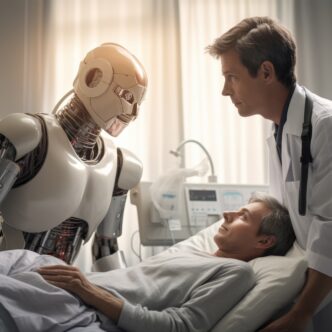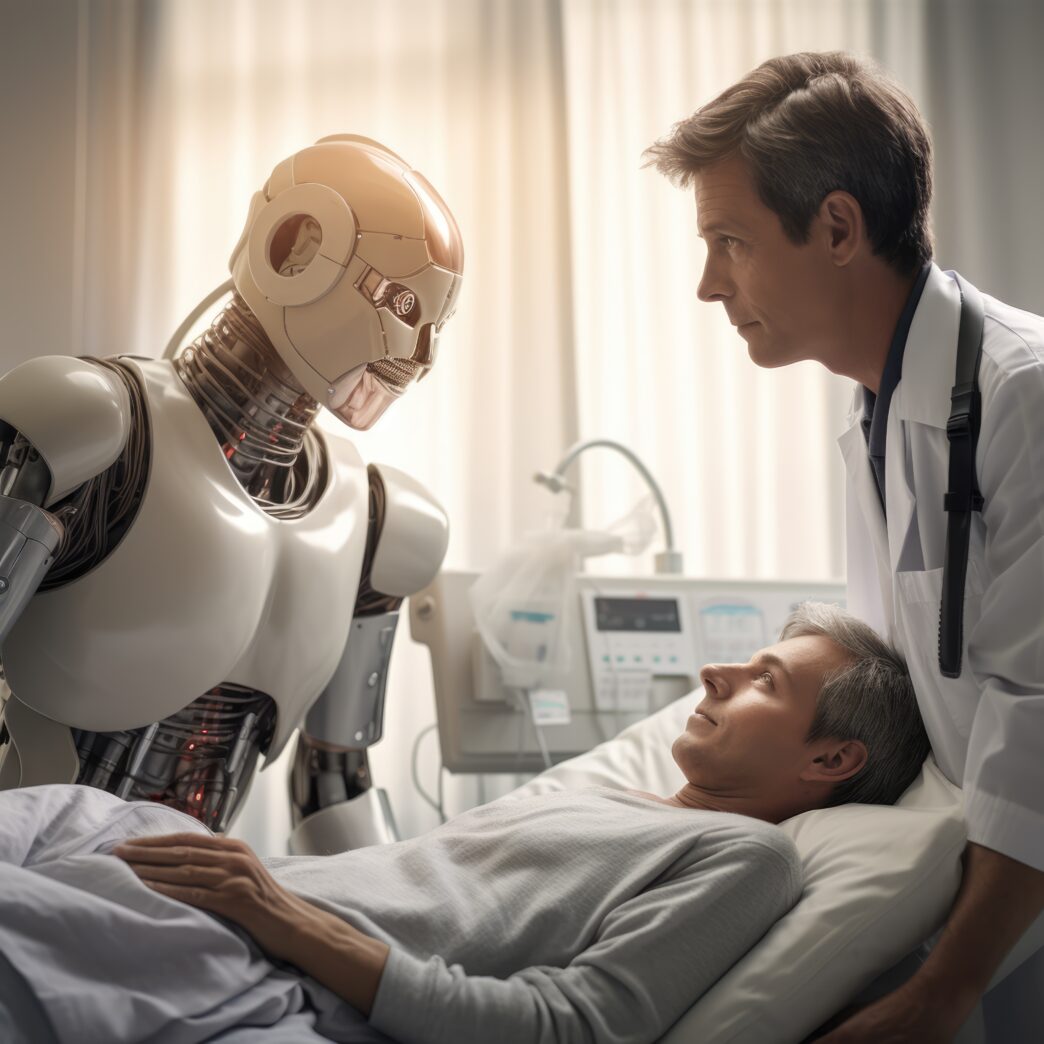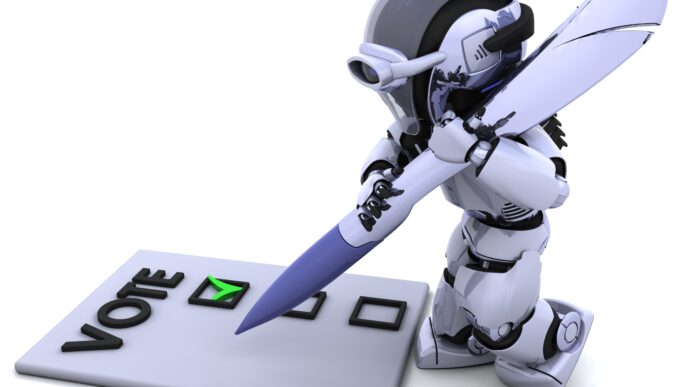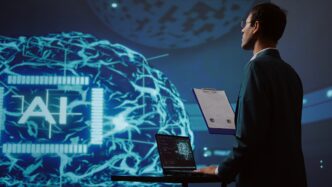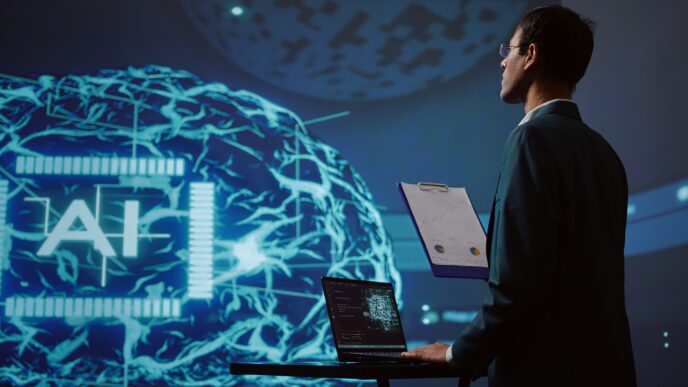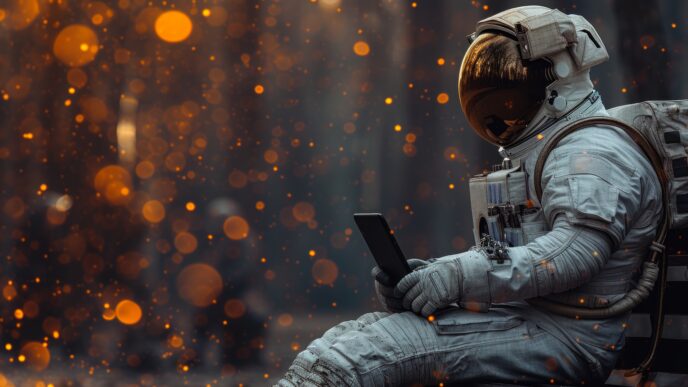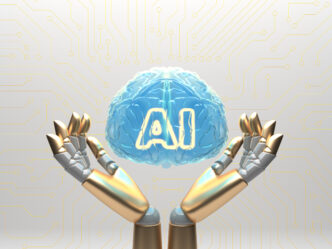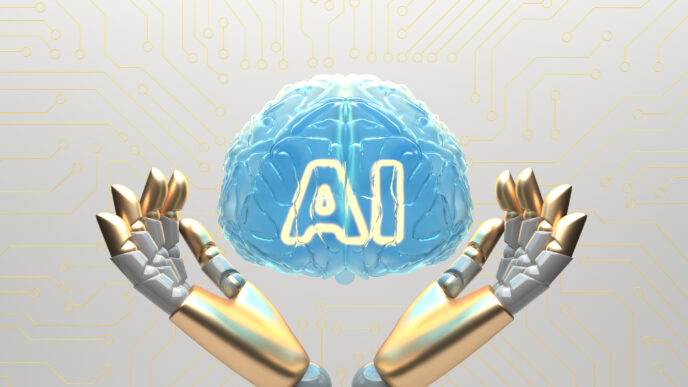In 2025, Artificial Intelligence (AI) is no longer just a futuristic idea — it’s already saving lives in hospitals across the world, including in India. From faster diagnosis to robot-assisted surgeries, the latest AI news in healthcare is both exciting and life-changing.
Let’s explore how hospitals are using AI right now and what it means for patients, doctors, and the future of medicine.
1. AI for Faster and More Accurate Diagnosis
Hospitals are using AI tools that can analyze:
- X-rays, MRIs, and CT scans
- Blood test results
- Patient histories and symptoms
Example: AI-powered platforms like Google DeepMind and IBM Watson can detect cancer, lung diseases, or diabetic eye problems faster and more accurately than human doctors in some cases.
Impact: Early diagnosis = faster treatment = more lives saved.
2. AI in Emergency Rooms (ER)
In busy hospitals, AI systems are helping doctors:
- Prioritize emergency patients
- Predict the risk of heart attacks or strokes
- Alert staff before a patient’s condition worsens
Real-World Use: Some hospitals in the U.S., UK, and now India are using AI triage systems to reduce ER waiting times and prevent avoidable deaths.
3. Robot-Assisted Surgeries
AI-powered robotic arms are now helping with surgeries. These robots don’t work alone — they assist doctors by:
- Making more precise incisions
- Reducing surgical risks
- Minimizing blood loss and recovery time
Trending AI News: In Delhi and Mumbai, several multispecialty hospitals have started using AI-assisted robotic surgery units for complex operations like spine and heart surgeries.
4. Virtual Nurses and AI Chatbots
Some hospitals now use AI chatbots to:
- Answer patient queries 24/7
- Remind patients to take medicines
- Track symptoms after surgery
Example: AI apps like Babylon Health or hospital-based virtual nurses are helping reduce pressure on doctors by handling basic patient interactions.
5. AI for Predictive Health Monitoring
Wearables + AI = Life-saving alerts.
Hospitals are using AI to monitor data from smartwatches and devices to:
- Track heart rate and oxygen levels
- Predict seizures or falls
- Notify doctors in real time
Bonus: AI also helps manage ICU data to detect infection risks early.
6. AI in Indian Hospitals
In India, hospitals like Apollo, AIIMS, Fortis, and several startups are adopting AI for:
- Remote patient monitoring
- Cancer detection (e.g., breast cancer)
- Mental health screening via AI voice analysis
🇮🇳 Government Push: India’s AI mission is supporting public hospitals with funding for AI-based diagnostics and training doctors in AI tech.
Challenges to Watch
While AI is powerful, it’s not perfect. Key concerns include:
- Data privacy and security
- Medical bias if AI is trained on poor data
- High cost of implementation
- Need for skilled staff to manage AI systems
Doctors and engineers must work together to ensure AI is safe and fair.
Conclusion
AI in healthcare is not replacing doctors — it’s helping them save more lives. As AI tools become more advanced and affordable, every hospital in India and beyond will likely rely on them for better, faster, and more personalized care.
